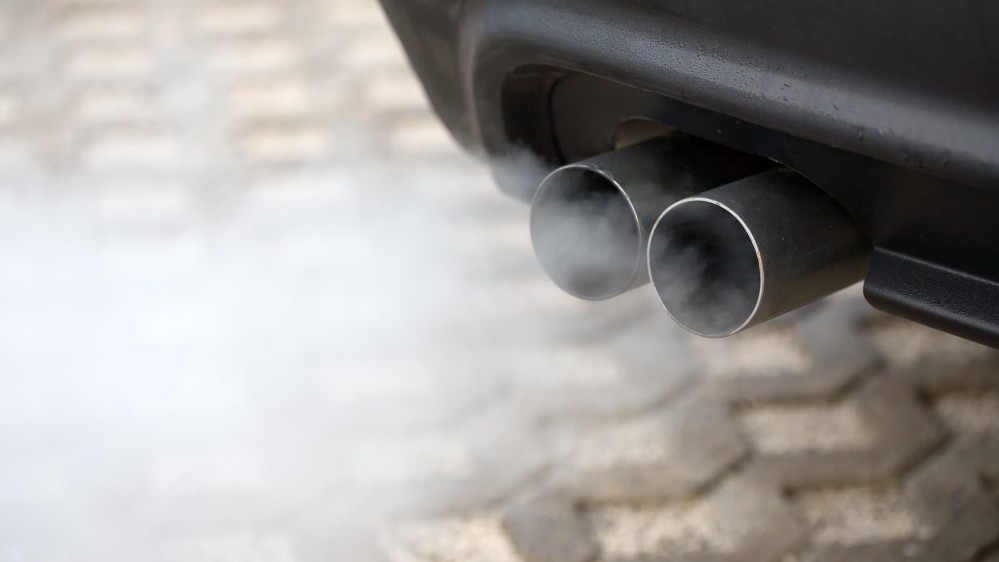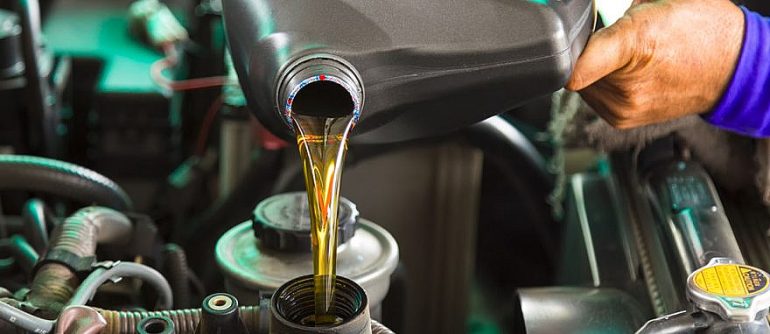Introduction
When it comes to selecting the right motor oil for your car, there are many factors to consider, including the recommended viscosity. While 5W20 and 5W30 are both types of motor oil, they have different thicknesses and properties that can impact engine performance and longevity. Many car owners wonder if they can use 5W20 instead of 5W30, and while there may be some circumstances where it’s acceptable, it’s generally not recommended unless the car’s manufacturer explicitly allows it. This brief introduction will provide an overview of the differences between 5W20 and 5W30 and why it’s important to use the recommended viscosity oil for your car’s engine.
The Potential Dangers Of Adding The Wrong Viscous Oil To Your Car Engine
Here are 4 reasons why you shouldn’t put thinner or thicker oil into your car:
Your Oil May Leak
If you use the wrong viscosity oil in your vehicle, it can cause leaks. This is because the wrong type of oil can cause the engine to work harder, which can create excess pressure and cause gaskets and seals to fail, resulting in leaks. Oil leaks can be problematic as they can damage the engine, cause a fire hazard, and pollute the environment. It’s crucial to use the correct type of oil to prevent oil leaks and ensure the proper functioning of your vehicle. If you notice any oil leaks, it’s essential to have them repaired immediately by a qualified mechanic.
Odd noises
Odd noises coming from your vehicle can be a sign of a problem that needs to be addressed. These noises can range from squeaks and rattles to grinding and knocking sounds, and may be coming from various components of the vehicle. If left unattended, these noises can indicate serious issues that can cause damage to the vehicle and compromise safety. It’s important to have any odd noises checked by a qualified mechanic to identify the root cause and prevent further damage.
Lower fuel economy

Lower fuel economy refers to the reduced distance your vehicle can travel on a specific amount of fuel. One of the factors that can affect fuel economy is the viscosity of the oil you use in your vehicle. Using the wrong viscosity oil, whether too thick or too thin, can cause the engine to work harder and burn more fuel, resulting in lower fuel efficiency. To ensure optimal fuel economy, it’s essential to use the recommended viscosity oil for your specific vehicle make and model.
There Could Be A Change In the Exhaust Fume Color

Using the wrong viscosity oil in your vehicle can also result in a change in exhaust fume color. This is because the wrong type of oil can cause incomplete combustion, leading to the production of excess exhaust emissions, which can result in a visible change in exhaust fume color. For instance, if the oil is too thick, it can cause black smoke to come out of the exhaust pipe. On the other hand, if the oil is too thin, it can result in white or blue smoke. If you notice any change in the exhaust fume color, it’s vital to have your vehicle inspected by a qualified mechanic to identify the underlying cause and take necessary action to prevent further damage.
Always consult your car’s owner’s manual to make sure you are using the best motor oil for your car.
What’s the main purpose of car oil?
The main purpose of car oil is to lubricate the engine and its components, reducing friction and wear between the moving parts. This helps to ensure optimal engine performance and longevity. Additionally, motor oil helps to cool the engine by carrying heat away from critical components.
How often should I change the oil in my car?
The recommended frequency for changing the oil in your car varies depending on several factors, including the make and model of your car, your driving habits, and the type of oil you use. As a general rule, most manufacturers recommend changing the oil every 5,000 to 7,500 miles or every six months, whichever comes first. However, it’s important to consult your car’s owner manual for the manufacturer’s recommended oil change intervals for your specific vehicle. Regular oil changes are critical to ensure optimal engine performance and longevity.
Is Thicker Oil Better For Higher Mileage Engines?
Using thicker oil in higher mileage engines is a common misconception. While thicker oil may help to reduce oil consumption and leaking in older engines, it can also reduce the flow of oil to vital engine components, leading to increased wear and reduced performance. Thicker oil can also reduce fuel efficiency and increase engine stress, potentially leading to more significant engine problems. It’s essential to use the oil viscosity recommended by the manufacturer for your specific engine, regardless of its mileage.

Final Thoughts
Using the right motor oil for your car is important for keeping your engine running smoothly and efficiently. By following the guidelines in this article, you can ensure that you are using the right oil for your car and that you are changing your oil regularly.
Here are some final thoughts to keep in mind when choosing between 5W20 and 5W30 motor oil:
- 5W20 is a thinner oil than 5W30, which means that it flows more easily at low temperatures.
- 5W30 is a thicker oil than 5W20, which means that it provides more protection at high temperatures.
- The best type of motor oil for your car will depend on the make and model of your car, the climate you live in, and your driving habits.
- It is always best to consult your car’s owner’s manual to make sure that you are using the recommended oil for your vehicle.
By following these guidelines, you can help to keep your car’s engine running smoothly and efficiently for many years to come.

